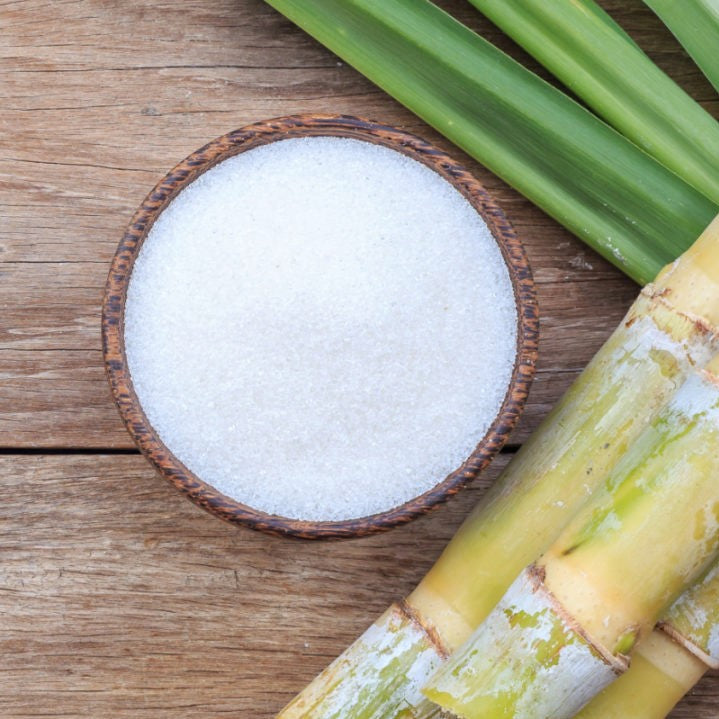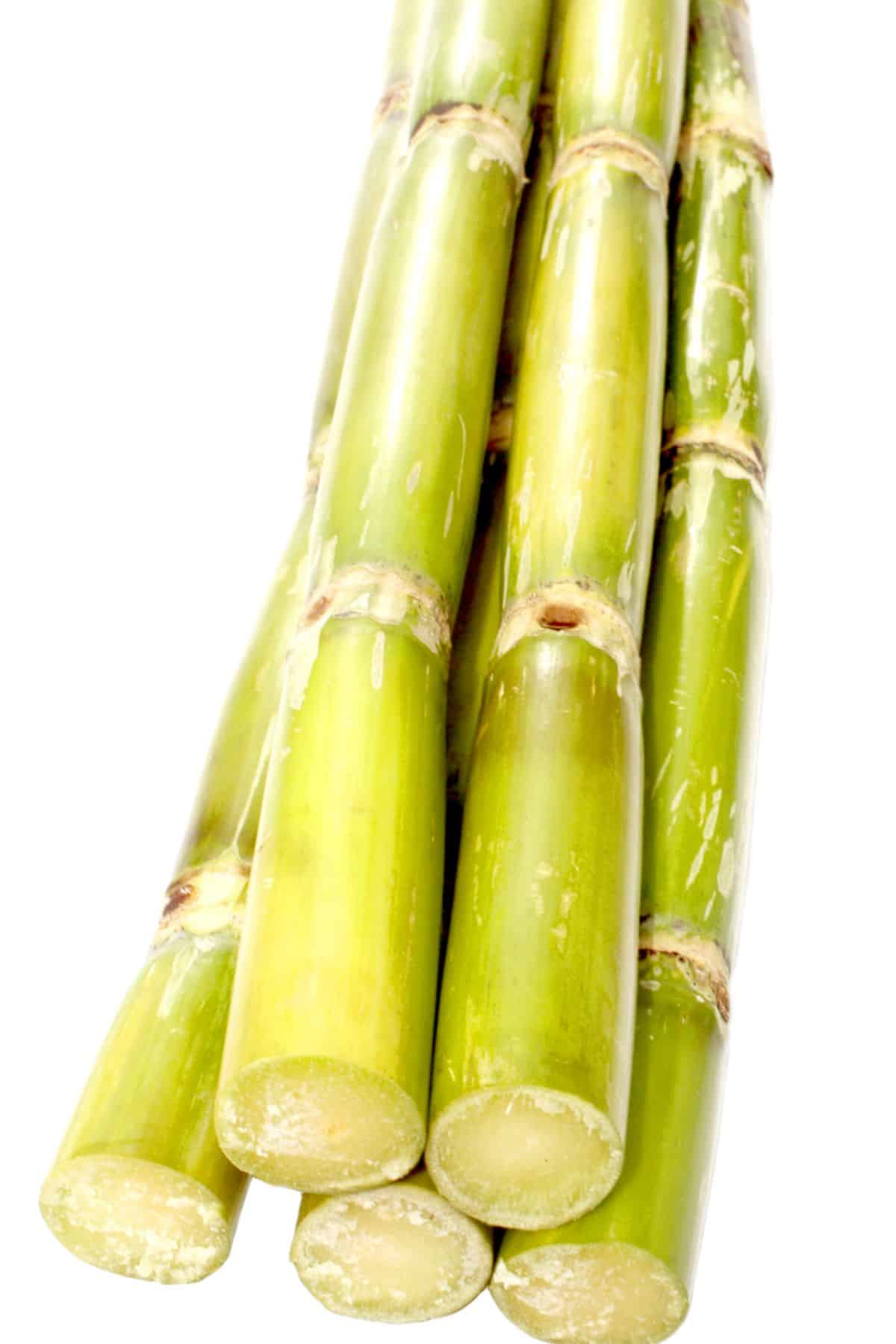A Thorough Summary of the Wellness and Economic Ramifications of Walking Stick Sugar Processing on Regional Neighborhoods
Cane sugar handling plays a crucial role fit the economic landscape of neighborhood communities, providing job opportunity and promoting supplementary industries. Nevertheless, the wellness ramifications connected with high sugar usage can not be overlooked, as they add to climbing rates of weight problems and diabetes. This nuanced dynamic welcomes an important examination of how neighborhoods can enhance economic gains while resolving the pressing health challenges they face. The exploration of educational initiatives and sustainable techniques may simply hold the secret to fixing up these clashing interests. What strategies might neighborhoods apply to achieve this equilibrium?
Economic Advantages of Cane Sugar Processing
Walking cane sugar processing offers significant financial benefits that extend past the instant farming industry. The farming and processing of sugarcane produce countless task opportunities, from farming to manufacturing and distribution. This work generation not only supports neighborhood economic situations however also promotes area growth by offering secure income resources for households.
Furthermore, the sugar sector stimulates ancillary services, including transportation, devices supply, and packaging services (Cane Sugar Processing). As these fields expand, they add to a much more durable economic structure, improving total area durability. The export capacity of processed walking cane sugar better amplifies economic benefits, positioning areas as affordable players in global markets
Investment in contemporary handling centers can lead to increased performance and efficiency, thus minimizing waste and enhancing source usage. This shift not just benefits the regional economic climate but likewise sustains sustainability initiatives by minimizing environmental influences.
Additionally, the profits created from walking cane sugar handling can be reinvested in local facilities, education and learning, and health care, promoting alternative neighborhood development. Generally, the economic benefits of cane sugar processing are multifaceted, giving a foundation for enduring prosperity in farming regions.
Health And Wellness Dangers Linked With Sugar Intake
Excessive sugar intake positions considerable wellness risks that require serious interest. High intake of added sugars, particularly from refined foods and drinks, has been linked to countless health complications. Among one of the most pressing concerns is excessive weight, as sweet diet plans contribute to an enhanced calorie consumption without offering vital nutrients. This extra can bring about metabolic problems, consisting of kind 2 diabetes, which has actually ended up being progressively common in both children and grownups - Cane Sugar Processing.
In addition, high sugar usage is connected with cardio disease. Raised blood glucose degrees can result in insulin resistance, a forerunner to different heart-related concerns. Additionally, sugar can have destructive impacts on dental health, leading to dental caries and gum condition, as bacteria in the mouth prosper on sugar, producing acids that wear down tooth enamel.
Furthermore, emerging research study recommends a potential link between high sugar consumption and psychological health and wellness problems, such as anxiety and anxiousness. As areas come to grips with these wellness risks, it comes to be necessary to advertise awareness and encourage much healthier nutritional selections. Dealing with sugar intake is vital not just for private health and wellness yet additionally for the general wellness of regional areas, highlighting the requirement for comprehensive public wellness strategies.
Environmental Impacts of Sugar Production
Regularly forgotten in conversations concerning sugar's implications is the significant environmental impact of sugar production. The cultivation of sugarcane usually demands extensive land use, causing logging, loss of biodiversity, and disruption of local moved here communities. The conversion of woodlands and marshes right into sugar vineyards can lead to habitat devastation, harmful various varieties and altering eco-friendly equilibrium.
Additionally, sugar manufacturing is resource-intensive, consuming considerable amounts of water for watering. This can result in exhaustion of regional water sources, adversely affecting both farming techniques and neighborhood access to tidy water. In addition, the use of chemical fertilizers and chemicals in sugarcane farming can add to soil destruction and water contamination, as overflow from these chemicals goes into nearby rivers and lakes, influencing water life and human health.
The ecological footprint includes the handling phase, where power usage and waste generation further worsen ecological problems. Air contamination from burning sugarcane areas, together with greenhouse gas emissions, add to climate adjustment. As such, the ecological ramifications of sugar manufacturing warrant major factor to consider, advising stakeholders to adopt even more lasting methods to minimize these negative effects on neighborhood environments and communities.
Task Creation and Neighborhood Growth
The environmental difficulties positioned by sugar manufacturing are frequently counteracted by its possibility for economic advantages, specifically in job development and area development. The walking stick sugar sector offers as a substantial resource of work in many backwoods, providing jobs throughout various skill levels, from farming labor to processing and distribution roles. This work not only supports specific households but also adds to the total financial vigor of regional communities.
In addition, the facility of sugar handling centers boosts ancillary companies, such as transportation services, tools supply, and upkeep companies. As these services grow, they create additional work and strengthen local economic climates. The earnings created from the sugar sector likewise leads to enhanced tax revenues, which can be reinvested into social work such as medical care, framework, and education advancement.
Furthermore, the sugar sector frequently engages in area advancement campaigns, such as supporting local colleges and health and wellness programs, therefore improving the lifestyle for residents. By promoting solid neighborhood ties and advertising original site economic development, the cane sugar handling industry plays an essential function in uplifting neighborhood populations, making it an important part of lasting development approaches in sugar-producing areas.
Harmonizing Health and Economic Growth
In browsing the intricacies of walking cane sugar processing, an essential difficulty lies in stabilizing wellness considerations with financial development. The sugar industry considerably adds to neighborhood economic situations by producing work, boosting related industries, and raising tax obligation revenues. However, the health and wellness effects associated with extreme sugar usage can bring about persistent diseases such as weight problems, diabetes mellitus, and cardio problems, which can concern public health and wellness systems and reduce labor force productivity.

Moreover, regulatory structures can play a crucial duty in directing market techniques in the direction of even more health-conscious and lasting strategies. By fostering collaboration in between federal government bodies, wellness companies, and the sugar industry, communities can navigate the dichotomy of health and wellness and financial development, making certain that the benefits of cane sugar processing are equitably shared while prioritizing public health.
Conclusion
In final thought, the processing of walking stick sugar provides both considerable economic benefits and remarkable health threats for local neighborhoods. While it promotes task creation and stimulates regional development, go right here the associated health problems, specifically pertaining to excessive weight and diabetes mellitus, demand a mindful harmonizing act. By advertising responsible usage and investing in neighborhood education and lasting methods, it is feasible to optimize financial benefits while reducing adverse wellness effects, consequently making certain a much healthier future for regional populaces.
Additionally, sugar can have detrimental results on dental health and wellness, resulting in dental caries and periodontal illness, as germs in the mouth grow on sugar, generating acids that wear down tooth enamel.
Addressing sugar intake is critical not just for private health yet likewise for the total health of local areas, highlighting the demand for detailed public health and wellness strategies.
Often overlooked in discussions about sugar's effects is the significant ecological impact of sugar manufacturing. The health and wellness effects associated with too much sugar intake can lead to persistent diseases such as weight problems, diabetes, and cardiovascular concerns, which can problem public wellness systems and decrease labor force efficiency.
